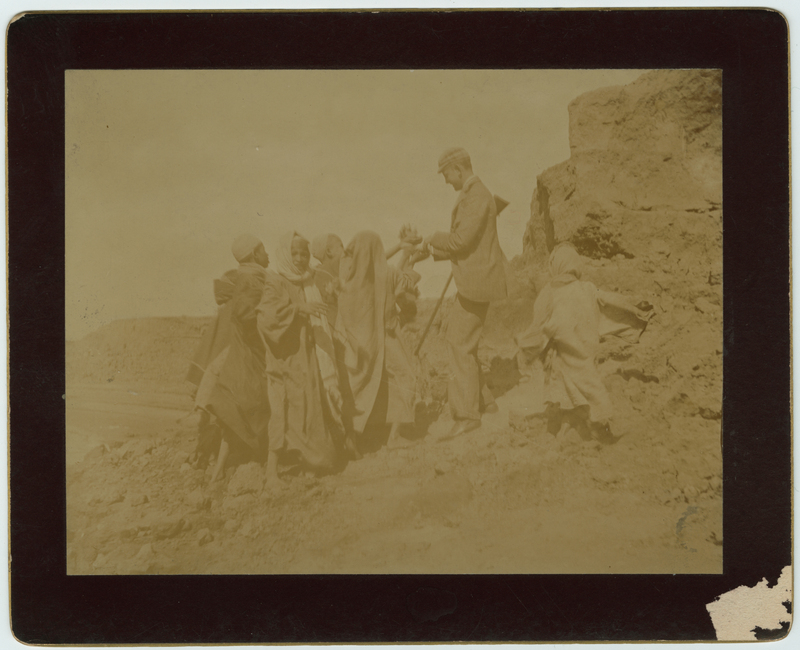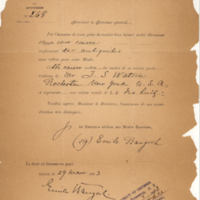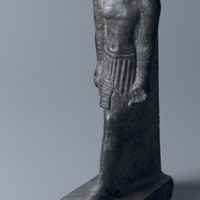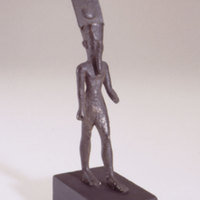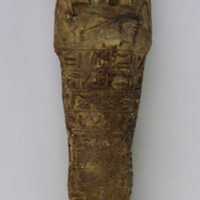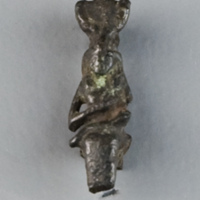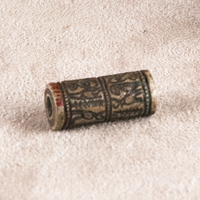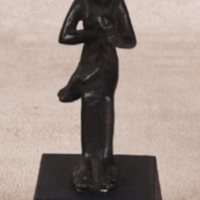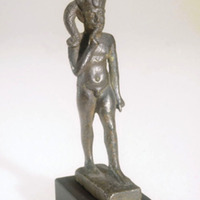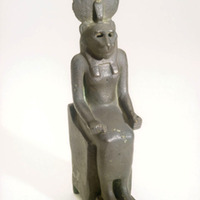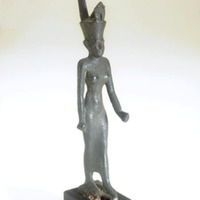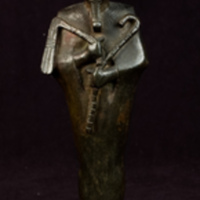The Tourist Economy
Emily describes several encounters that show the degree to which local economies were tied to the tourist experience. North of Aswan, “the boat was blessed by a Moslem saint who rowed out to us and in return received ‘baksheesh’ so I suppose now we will surely have a prosperous voyage to Aswan and back.” In Aswan, “we wandered about among the bazaars which are very picturesque and where they have all sorts of strange barbaric things from the Soudan for sale.”
Emily contrasts highly-trafficked tourist sites with the little town of Girzeh, where they stopped to bake bread in the public ovens: “We did not mind the delay in the least, as Girzeh is a very picturesque town and beautifully situated and we enjoyed rambling through the bazaars and various streets and watching the people who paid no attention to us as it is not a place where tourists often stop and consequently we did not suggest to them, as to the natives of more frequented places, unlimited backsheesh.”
When they left Egypt, the Watsons exported by government permit a chest containing antiquities. It’s likely that some or all of these Egyptian objects eventually were given to the Memorial Art Gallery, which today owns 10 Egyptian works that came to us through the Watson family, although we have not been able to identify which ones came from the 1892-1893 trip with any degree of certainty.

